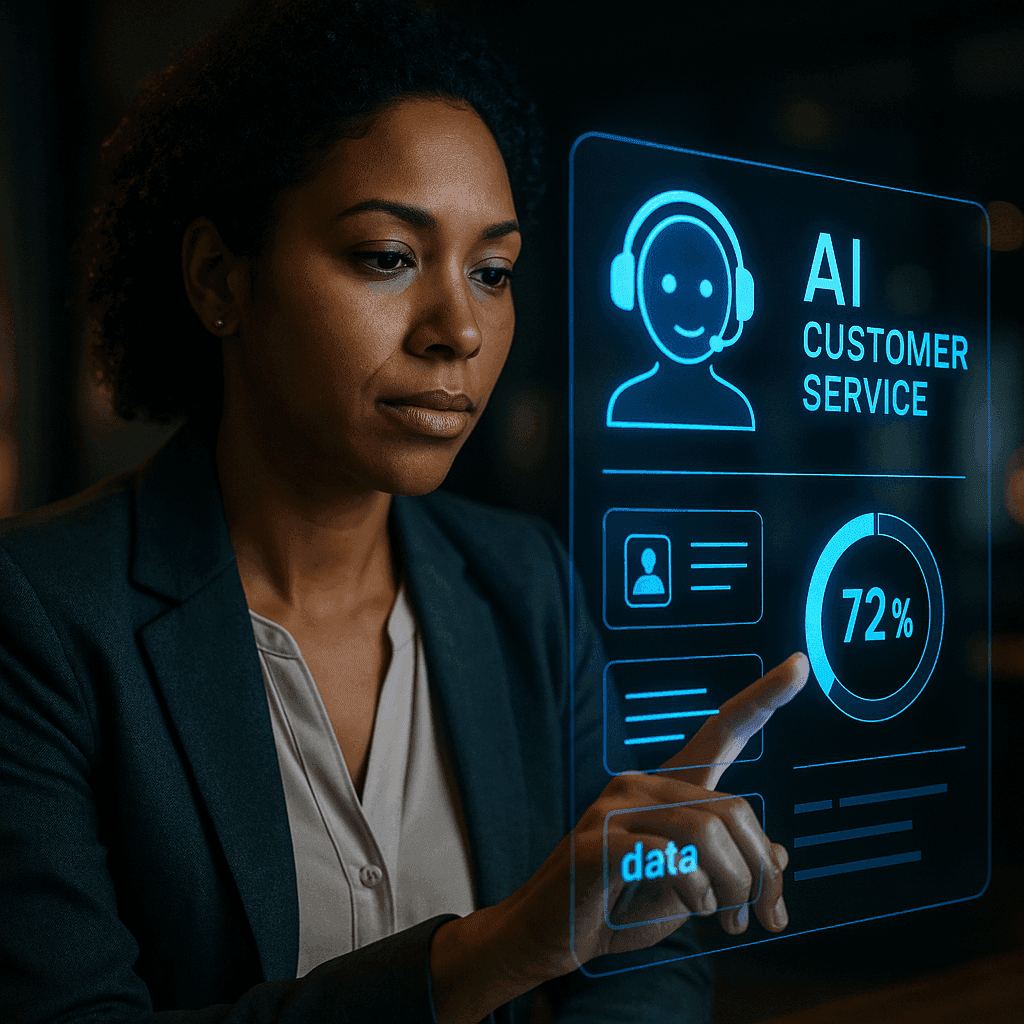AI Agents vs. Chatbots: Are You Still Talking to a Robot?

Ever felt like you’re talking to a brick wall – a very polite, scripted one? That’s often the chatbot experience. But a new era of digital interaction is here with AI agents. Powered by advanced Large Language Models (LLMs), the lines between these digital helpers are blurring. Understanding their core differences isn't just academic; it’s crucial for your business's customer experience, operational efficiency, and security.
Chatbot vs. AI Agent: A Tale of Two Digital Helpers
Think of a traditional chatbot as a brilliant digital receptionist. Great for FAQs, order statuses, or simple queries. They follow a script, rely on pre-defined rules, and excel at repetitive tasks.
- The Upside: Low security risk, easy to govern, quick deployment for narrow workflows.
- The Downside: Can't "remember" past conversations, struggle outside their script, and don’t learn without manual updates. Like a choose-your-own-adventure with limited paths.
Now, meet the AI agent – your new, highly skilled digital assistant. Powered by LLMs, these agents have contextual awareness and dynamic reasoning. They don't just follow a script; they understand intent, remember past interactions, and adapt on the fly.
- The Superpower: They handle multi-step tasks, analyze real-time clues, execute complex workflows across systems, and even predict needs.
- The Catch: Greater power means broader access to data, making security and governance for these "non-human identities" paramount.
It's not just hype. Over 55% of enterprises are already piloting AI agents, driving 40-50% faster resolution times and boosting customer satisfaction by 15-20%. That’s a significant leap!
The Secret Sauce: What Makes AI Agents So Smart?
It’s advanced engineering, not magic.
- Brain Power & Memory: Agents combine LLMs with persistent memory, remembering past conversations for continuous, personalized interactions.
- System Integrations: They don’t just talk; they do. Agents integrate with your CRM, support systems, and even DevOps to take direct action – updating records, processing refunds, or resolving tickets in real time.
- Robust Security: Leading solutions implement dynamic privilege management and behavior monitoring, ensuring powerful agents are also secure.
Many businesses are adopting a "hybrid" approach: chatbots for simple, routine questions, and sophisticated AI agents for complex, personalized, or proactive scenarios. It’s like having both a diligent receptionist and a savvy executive assistant.
Real-World Wins: Agents in Action
Imagine these scenarios:
- Seamless Returns: An e-commerce AI agent verifies a purchase, processes a refund, and schedules a pickup—all in one smooth conversation, no human needed.
- Proactive Problem Solving: An AI agent detects an anomaly in your service, reaches out, and resolves the issue automatically before you even notice.
- Internal Super-Helpers: Enterprises use agents for IT support, HR onboarding, and even assisting DevOps teams, slashing manual workload for support by 30-40%.
Peering into the Future: What's Next?
The distinction between "chatbot" and "AI agent" will continue to blur, with "AI agent" becoming the preferred term. Expect to see:
- Smarter Interactions: Agents will generate content, offer recommendations, and execute complex transactions, expanding their value.
- Governance Takes Center Stage: As agents gain power, robust AI agent governance—explainability, access controls, and behavioral monitoring—will be a strategic priority.
- Massive Adoption: By late 2025, up to 70% of enterprise customer and employee transactions could be handled by AI agents.
The Bottom Line for Your Business
AI agents are a significant leap beyond chatbots, offering autonomous, intelligent, and truly personalized service. They move beyond scripted Q&A to deliver end-to-end task automation, driven by context, memory, and reasoning. This unlocks incredible opportunities for proactive service and enhanced productivity, but also brings new challenges, particularly around security.
The takeaway? Evaluate your workflows, customer expectations, and risk tolerance. A hybrid model, leveraging both traditional chatbots and advanced AI agents, might be your winning strategy as these technologies mature. Embrace this shift for a more efficient, engaging, and future-ready business.
More Articles

The CX Revolution: 65+ AI Customer Service Stats You Need for 2025
Explore how AI is rapidly transforming customer service by 2025, from lightning-fast chatbots to hyper-personalization, and why a human touch still matters.

Is AI Taking Over Customer Service? What 2025 Really Looks Like
Explore how AI is reshaping customer service in 2025, from hyper-personalization to autonomous agents, and discover the essential balance between efficiency and the human touch.